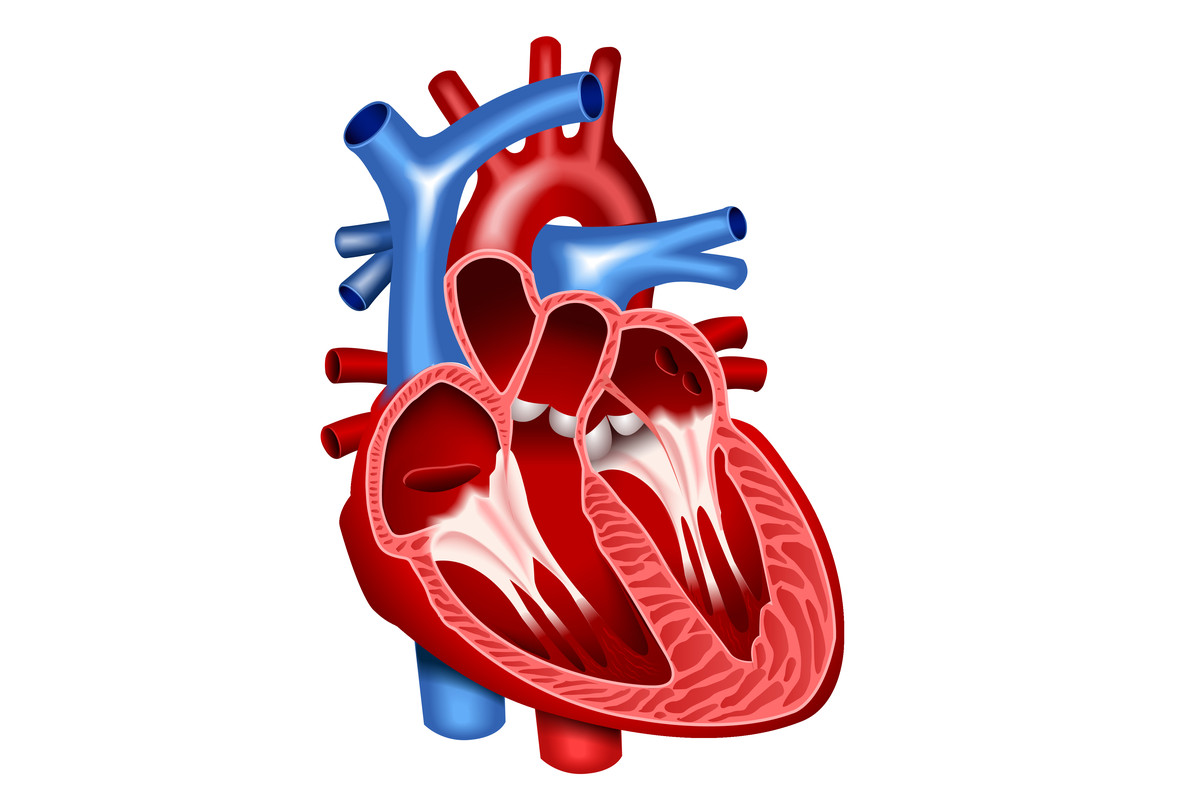The primary function of the heart is to pump blood throughout the body. Here are some specific functions of the heart:
1. **Pumping Blood:** The heart is responsible for pumping blood through two main circuits:
– **Pulmonary Circuit:** The heart pumps oxygen-poor blood to the lungs to pick up oxygen and release carbon dioxide.
– **Systemic Circuit:** The heart pumps oxygen-rich blood to the rest of the body to deliver oxygen and nutrients to cells.
2. **Providing Oxygen and Nutrients:** The blood pumped by the heart carries essential oxygen and nutrients to tissues and organs throughout the body.
3. **Transporting Metabolic Waste:** The heart helps transport metabolic waste products, like carbon dioxide, from body tissues to the organs that eliminate them, such as the lungs and kidneys.
4. **Maintaining Blood Pressure:** The heart helps maintain stable blood pressure, which is crucial for ensuring that blood can flow effectively to all parts of the body.
5. **Regulating Blood Flow:** The heart works with the nervous system to regulate blood flow according to the body’s needs, such as during rest or exercise.
The effective functioning of the heart is essential for overall health, as without sufficient blood flow, organs and tissues would not receive the necessary oxygen and nutrients to function properly.
















